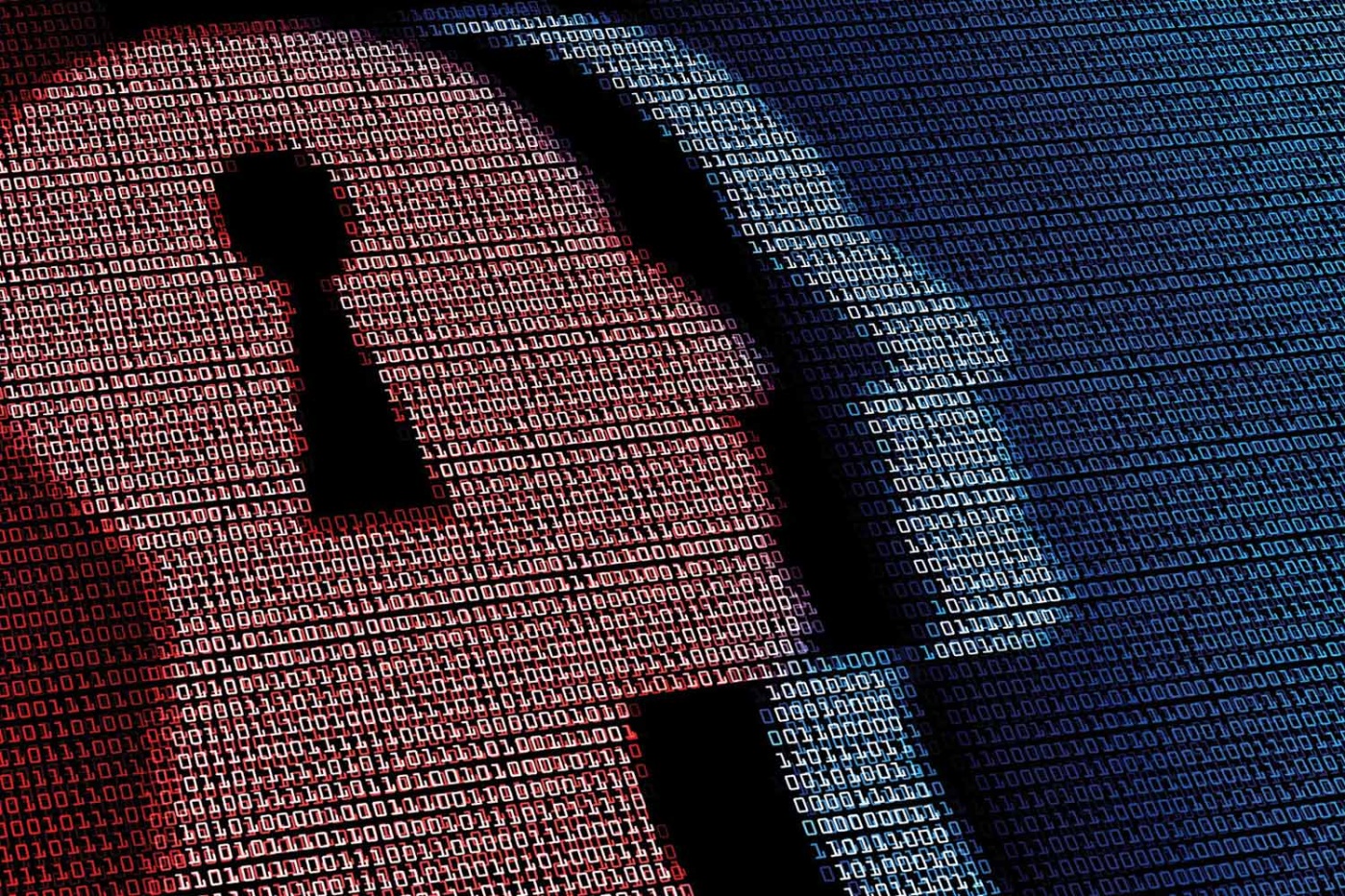The Facebook Dilemma: A Year in Review
Facebook has been in a lot of hot water of late. What was once the darling of the Internet with more than 500 million active users in 2010 is now slowly becoming a dinosaur in the social media sphere. Many, especially the younger generation, are leaving Facebook for more popular alternatives such as Snapchat and Instagram. While it was a smart move for founder Mark Zuckerberg to acquire the latter (as well as other high performing platforms like WhatsApp), the platform itself isn’t doing as well.
Every company has to deal with the dilemma of ethics in business. Should I make decisions that benefit the company, at the expense of the employees and customers? Or should I protect the people, at the expense of the company’s bottomline? This year, one of Facebook’s biggest challenges is to keep the trust of its users.
It all started with a scathing expose, published in March, that revealed a massive data breach involving Cambridge Analytica. A data analytics firm used by the Trump administration for the 2016 elections, it harvested and exploited the data of 87 million Facebook users to influence voters through pro-Trump material. This failure to protect user privacy led Zuckerberg to tighten restrictions, pulling the plug on third-party targeting data, among other things.
Despite its founder releasing online and offline statements of apology, Facebook suffered astronomical share drops of 19% for the scandal, causing the company to lose about US$120 billion in a single day. And it’s all downhill from here. After that loss, its shareholders sued the company for misleading them about its user and revenue numbers. The platform also came under fire from the US Congress for potentially breaching data and privacy laws, which saw Zuckerberg enduring a 10-hour interrogation by a panel of lawmakers in April. By that time, the #deletefacebook movement was already in full swing, gaining the support of high-profile individuals like Steve Wozniak and Jim Carrey.
To add fuel to the fire, a newspaper printed a conversation shared between a young Zuckerberg and a friend in 2004, revealing the entrepreneur’s careless attitude towards privacy:
Mark: Yeah so if you ever need info about anyone at Harvard, I have over 4,000 emails, pictures and addresses.
Friend: What? How’d you manage that one?
Mark: People just submitted it.
Mark: They “trust me”.
Mark: Dumb f***s
Another controversy emerged in September when Facebook reported its largest hack, one that affected about 50 million users. These hackers had access to not just these users’ accounts, but also the apps they used and logged into through Facebook. The same month saw Sheryl Sandberg testifying before the same committee that heard Zuckerberg’s testimony.
“We don’t think it’s a question of whether regulation, we just think it’s a matter of the right regulation that doesn’t squash innovation,” said the COO of Facebook, who displayed more sympathy towards its users and delivered sharper answers than her counterpart.
Yet, the drama was far from over. Just last Friday on December 14, the social networking site disclosed a bug that exposed private, unshared photos of about 6.8 million users to third-party app developers. Some of these photos include those that were incompletely uploaded to the site.
“A lot of us don’t have great Internet connectivity sometimes. You may be out and about, and you might post a picture of something, and there you’ll be, uploading something and it stops about halfway through,” explained tech expert Kent Meeker. “That’s where they’re saying that the breach occurred, or where the error occurred. It was in the actual kernel when the phone was actually sending it out. It broke there, and it didn’t get the full response and somehow that led to this crazy vulnerability where it’s able to get into pictures that are inside of the phone that have been sent.”
This hack happened just after another concerning revelation. In early December, the British parliament exposed old, private emails that offered insights into Zuckerberg’s intentions with the business. One of the exchanges that started in 2012 revealed that Facebook almost sold user data to advertisers. The firm had also been keeping tabs on the call and text history of its Android users since 2015 without their knowledge— “a pretty high-risk thing to do from a PR perspective”, an email wrote. Another staff member wrote that investigative journalists might one day out the firm, “writing stories about ‘Facebook uses new Android update to pry into your private life in ever more terrifying ways—reading your call logs, tracking you in businesses with beacons, etc.’”
Zuckerberg himself wrote in 2012, “Sometimes the best way to enable people to share something is to have a developer build a special purpose app or network for that type of content and to make that app social by having Facebook plug into it.”
“However, that may be good for the world but it’s not good for us unless people also share back to Facebook and that content increases the value of our network. So ultimately, I think the purpose of platform—even the read side—is to increase sharing back into Facebook.”
After a year of catastrophes, could this be the final straw that breaks the camel’s back? With new research encouraging people to limit social media use to combat depression and loneliness, it wouldn’t be surprising to see Facebook’s popularity continue to plummet. Instagram might replace it as the top social media site in 2019, but as a subsidiary of Facebook, its success might be short-lived. After all, the app also lost two top executives this year in the wake of the Facebook scandals, leaving big shoes to be filled.


